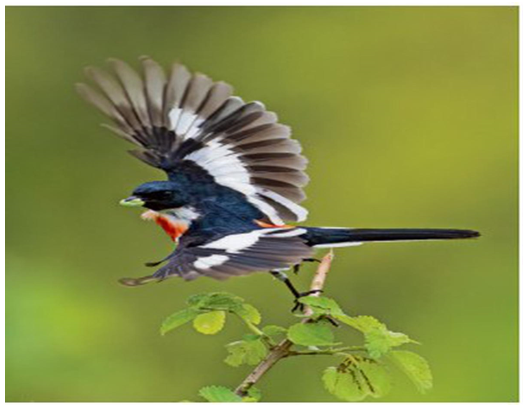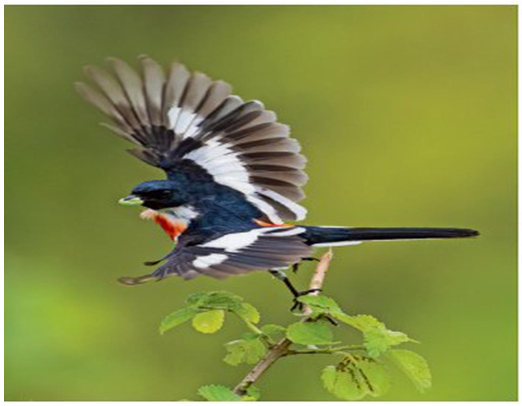- Courses
- GS Full Course 1 Year
- GS Full Course 2 Year
- GS Full Course 3 Year
- GS Full Course Till Selection
- Online Program
- GS Recorded Course
- NCERT (Recorded 500+ Hours)
- Polity Recorded Course
- Geography Recorded Course
- Economy Recorded Course
- AMAC Recorded Course
- Modern India, Post Independence & World History
- Environment Recoded Course
- Governance Recoded Course
- Science & Tech. Recoded Course
- International Relations and Internal Security Recorded Course
- Disaster Management Module Course
- Ethics Recoded Course
- Essay Recoded Course
- Current Affairs Recoded Course
- CSAT
- 5 LAYERED ARJUNA Mentorship
- Public Administration Optional
- ABOUT US
- OUR TOPPERS
- TEST SERIES
- FREE STUDY MATERIAL
- VIDEOS
- CONTACT US
5 percent of bird species in India are endemic
5 percent of bird species in India are endemic
07-08-2023

Latest Context:
Recently, the Zoological Survey of India (ZSI) revealed that almost 5% of India’s bird species are endemic, meaning they are unique to India and not found elsewhere in the world.

Key findings of the ZSI’s publication are:
- India is home to almost 1,353 bird species, which included 12.4% of global bird diversity.
- 3 endemic bird species- Manipur Bush Quail (Perdicula manipurensis), Himalayan Quail (Ophrysia superciliosa) and Jerdon’s Courser (Rhinoptilus bitorquatus) have not been recorded in last few decades.
- Himalayan Quail; Jerdon’s Courser and Bugun Liocichla (Liocichla bugunorum) have been categorized as ‘Critically Endangered’ by the IUCN.
- Largest number of endemic species have been found in Western Ghats including Malabar Grey Hornbill (Ocyceros griseus); Malabar Parakeet (Psittacula columboides); Ashambu Laughing Thrush (Montecincla meridionalis); White-bellied Sholakili (Sholicola albiventris) etc.
- Many species are endemic to Andaman and Nicobar Islands such as Nicobar Megapode (Megapodius nicobariensis); Nicobar Serpent Eagle (Spilornis klossi); Andaman Crake (Rallina canningi); and Andaman Barn Owl (Tyto deroepstorffi).
- 4 species of birds are endemic to Eastern Himalayas, and one each to Southern Deccan plateau and central Indian forest.
About the Zoological Survey of India (ZSI)
- Basically, the ZSI is a premier organization dedicated to the study of animal diversity and its conservation.
- Established in 1916, ZSI operates under the Ministry of Environment, Forest and Climate Change, Government of India.
- Its primary mandate is to conduct scientific research on various aspects of animal life in the country, including ecology, biodiversity, and conservation.
- ZSI's primary role involves the identification, classification, and description of various animal species. This helps in creating a comprehensive database.
- ZSI publishes scientific papers, research reports, and monographs related to its research findings. This contributes to the broader scientific community's knowledge about Indian fauna.
Must Check: IAS Coaching Centre In Delhi



